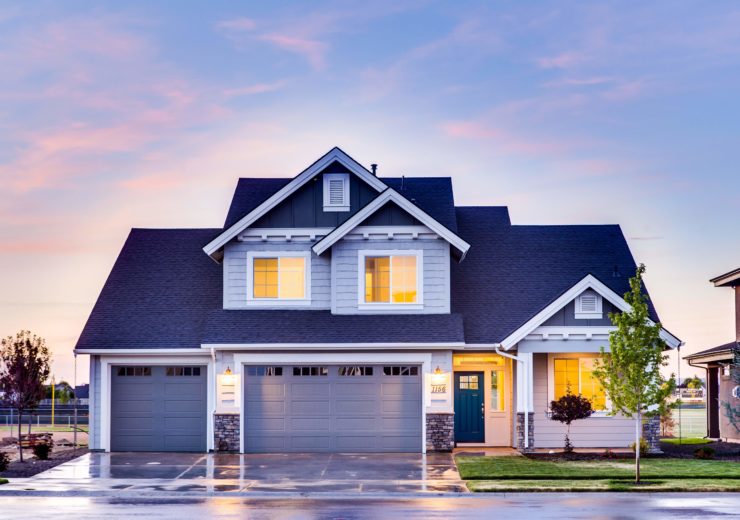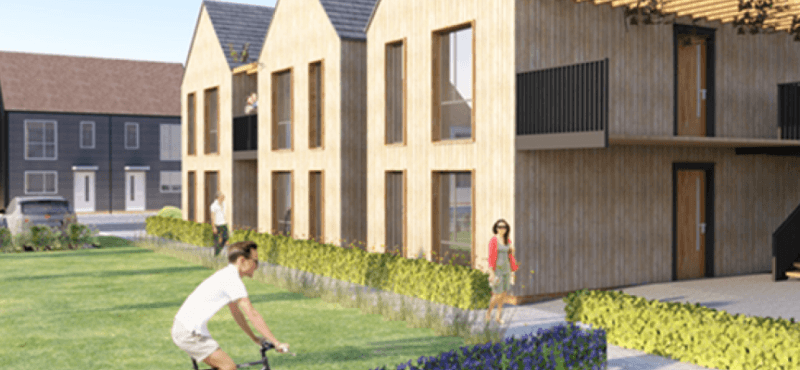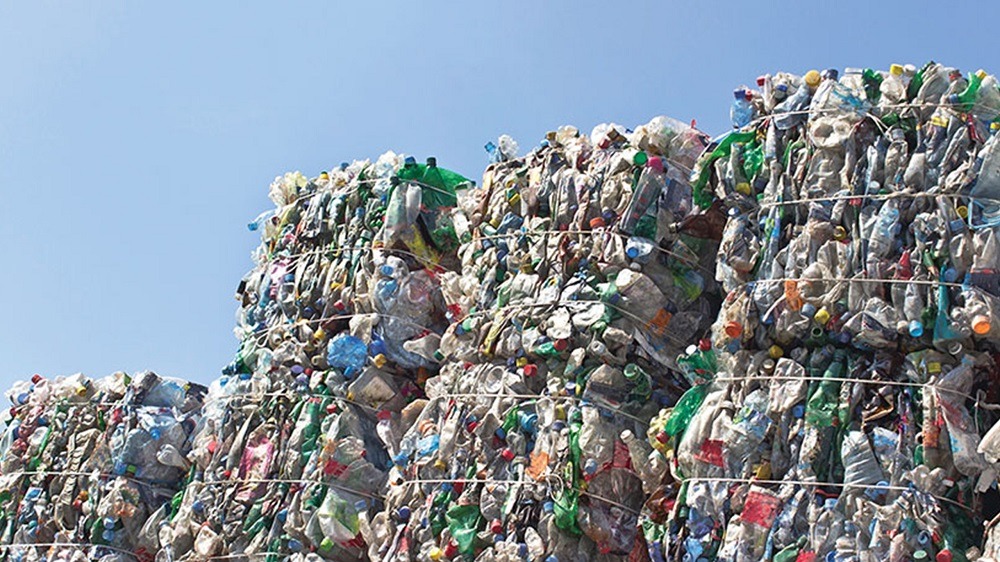Accord Housing Association aims to build "virtually plastic-free homes" by using alternative materials for kitchens, bathrooms and windows

Plastic-free homes could be the next big demand when buying a property after a developer pledged to minimise the amount of the material it uses during construction.
UK-based Accord Housing Association made the commitment for 12 houses it is building in the West Midlands, saying they will be “virtually plastic-free”.
This means the organisation will use alternative materials when it comes to fitting kitchens, bathrooms and windows, as well as reducing the amount of plastic used in building materials.
Accord believes this will be the first project of its kind in the UK and follows on from a recent surge in eco-friendly developments that place an emphasis on energy efficiency.
Why Accord Housing Association is building plastic-free homes
Carl Taylor, the West Bromwich company’s assistant director of new businesses, said: “We believe this type of development hasn’t been done at scale before – there have been a few one-off attempts, but nobody has really looked at how we could produce mainstream houses with all the amenities without using plastic.
“We particularly want to remove the plastic from the kitchens and the bathrooms, because even though a house can last for 100 years or more, the average kitchen and bathroom is changed every few years and we are keen to avoid generating plastic waste.

“This trans-European project will enable us to work with our European partners to identify plastic free building products.
“We haven’t yet got a plastic-free solution to the electrics for instance, but we will be challenging people in the building products manufacturing industry to help us find solutions.”
How plastic-free homes will be built
The houses will be built at LoCaL Homes, Accord’s off-site factory for making timber frames, based in Walsall.
Design work, which has already begun, is due to finish in January 2020 ahead of construction later in the year.
Accord deputy chief executive Alan Yates said: “Our closed timber-framed houses have allowed us to build on low-carbon housing development and we have developed technology to build low-carbon houses – now it is about taking that technology a step forward to reduce the use of materials that are not good for the environment both during manufacture and construction and for years to come.
“This project will change how we manufacture our homes for ever.
“We are increasingly hearing about how single-use plastic waste is having an impact on the world’s environment – from build-up in the oceans to landfill, and we hope that by building houses with a new range of plastic-free components, we can play our part to minimise the impact on the environment.”
Plastics in the construction industry
The building sector is responsible for more than 60% of resource use in Europe, with between 30% and 50% of material use taking place in housing construction.
As plastic is usually non-biodegradable, it can remain as waste in the environment for a very long time.

This may pose risks to people’s health, as well as the environment, and it can be difficult to reuse or recycle.
It is estimated that 10% of all plastic ends up in the ocean.


